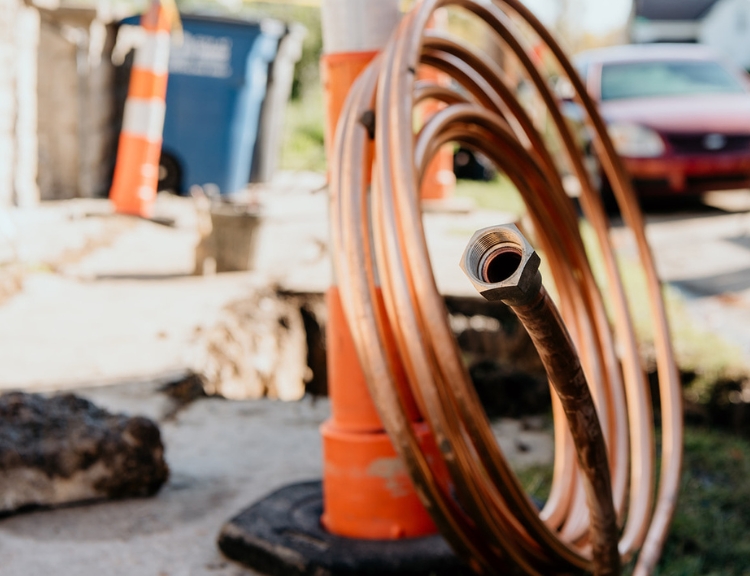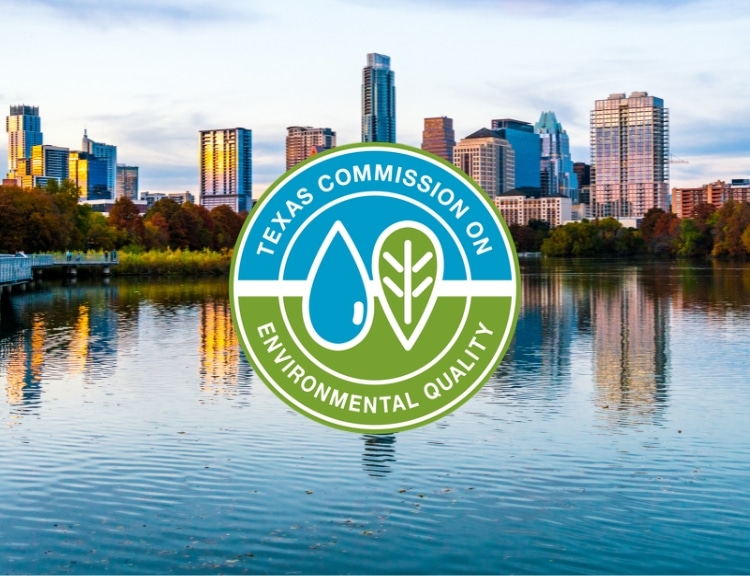It’s an exciting day for BlueConduit! Google.org announced an award of $3 million in grants to our new project, the BlueConduit Charitable Fund, and two non-profits, the Natural Resources Defense Council and WE ACT for Environmental Justice. This grant supports the equitable replacement of lead service lines (LSLs) nationwide. We’ll use those funds to create free open-source machine-learning tools for community water systems to map service lines and inform communities of potential risks.
One of our goals with this project is to make communities around the country cognizant of the challenge of finding and removing lead pipes buried underground. The EPA estimates that up to 10 million homes may be served by lead service lines.
That’s core to our mission — using our proven data-driven technology to empower communities to address the important issue of efficient LSL identification and remediation planning. These service lines are pipes that connect water mains to individual homes. Our technology has surveyed more than 1 million service lines across more than 50 communities in the United States, affecting nearly 2 million people, and has led to the removal of over 15,000 service line pipes, locating them with a success rate of 85%.
The open-source tools we’ll develop with the grant funds will allow water utilities to create public-facing maps that strengthen public communication and also help meet upcoming U.S. Revised Lead and Copper Rule requirements. Initial software will be made available in the first half of 2022. BlueConduit, the Natural Resources Defense Council and WE ACT will work closely with municipal utilities and community groups to ensure the tools are designed to meet their needs.
Our predictive data model helps communities reduce the number of days citizens may live with the risk of lead exposure. Need proof? Back in 2016, our initial software accurately predicted the city of Flint, Michigan, had about 40% of lead in its inventory — while historical records suggested only 20% at most of the city’s pipes were lead.
That’s just the beginning. Trenton, New Jersey, has begun a five-year program that is targeting the removal of up to 37,000 lead service lines. Our predictive model is enabling Trenton to accurately plan, fund and implement lead pipe replacement.
BlueConduit helps cities save millions in taxpayer money by reducing the replacement cost of those lead service lines. Detroit officials estimate the city saved $165 million by using our predictive modeling technology in its search for lead pipes.
Our team should be a community’s first call for questions about lead service lines.
See our recent press release with Google.org.





